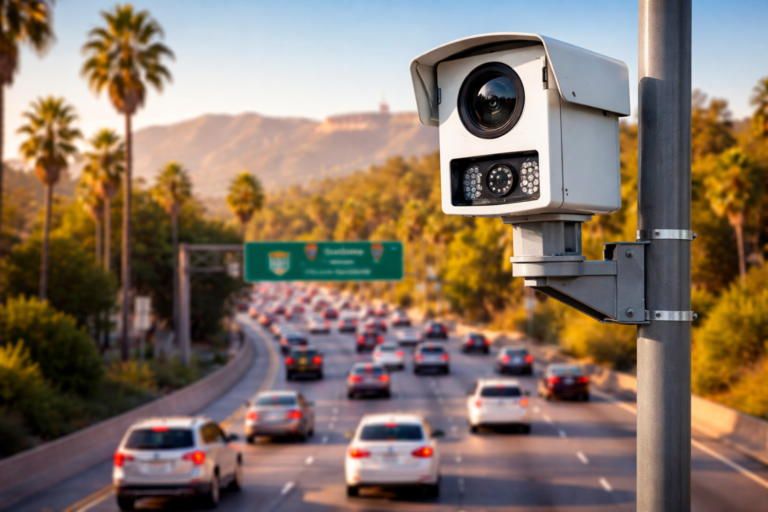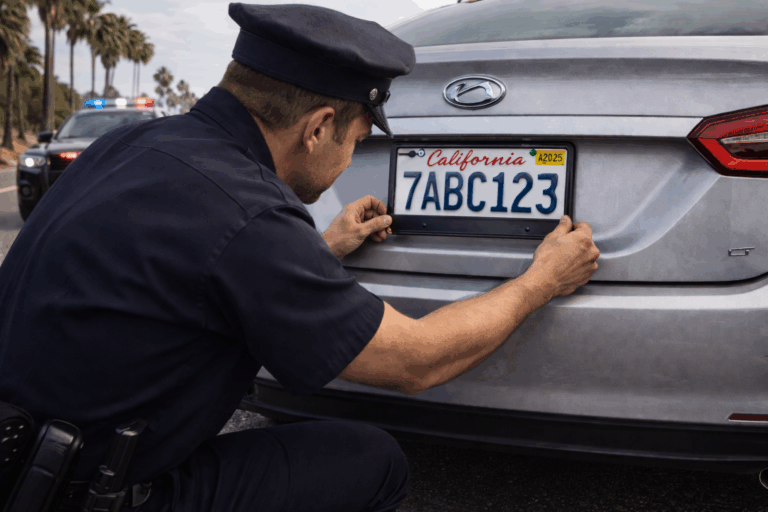Every day, millions of California drivers head out on roads that are overburdened with traffic. With congestion far above original design specifications, it’s only a matter of time before a wreck occurs. If you’re involved with a collision with another driver, it’s your responsibility to inform authorities in some circumstances. So, what happens if you don’t report an accident to the DMV? Here’s a look at the types of wrecks that require reporting and the consequences for motorists who don’t follow this important vehicular law.
Do All Car Accidents Have To Be Reported?
Thousands of car accidents take place every day, but how many of them are serious enough to require reporting to the DMV? If you’ve ever been in a small fender bender but didn’t report it, don’t panic. You’re only required to file a report with officials if it meets certain criteria:
- Damage to property over $1,000
- The crash resulted in an injury of any kind
- Anyone involved in the accident died
If your crash falls into any of these categories, both parties have to file a report with the DMV. While you don’t have to do it personally, it must be done by an authorized representative such as an attorney or insurance agent. Even if the wreck occurs on private property, you’re still required to report it.
Why Do I Have To Report an Accident to the DMV?
The easy answer to this question is that you’re required to do it by law. Don’t delay in your reporting because you only have 10 days to avoid potential penalties. The only exception to this rule is if your injuries from the crash were so severe you were unable to fill out the required paperwork. If you’re able-bodied and don’t submit a report to the DMV, you could face some real consequences:
- Up to six months in jail
- A fine of up to $1,000
- Suspension of driving privileges
While these penalties are severe enough, you could face an even stiffer punishment if it’s found that you didn’t have insurance at the time of the crash. If you’re worried about consequences in the aftermath of your accident, an experienced speeding ticket lawyer might be able to offer assistance.
What To Do After Any Accident
The aftermath of a collision can be extremely stressful, but there are some things you should do after any crash. While it’s helpful to commit this information to memory, you should also print a copy and place it in your glove compartment as an easy reference. Regardless of the accident’s severity, you should take eight steps:
- Stop your vehicle immediately to avoid “hit-and-run” charges.
- Call 911 if there are injuries.
- Move vehicles out of the travel lane.
- Exchange license and insurance information with the other driver.
- Make a written report to the California Highway Patrol within 24 hours in the event of injury or death.
- Submit a report to the DMV within 10 days of the accident.
- Leave a note with your contact information if you damaged a parked car or any other unattended property.
- Call police, animal control or the Humane Society if you hit and injure an animal, but don’t try to move it by yourself.
Don’t Hesitate To Seek Help of a Traffic Lawyer
Now you know the types of crashes that require a DMV report, you’ll be better prepared to act in the aftermath of a collision. A car accident can have a significant impact on the future for you and your family, which is why you shouldn’t face the consequences alone. No matter if you’ve been cited for speeding or operating a vehicle under the influence, seek professional assistance from reckless driving lawyers in your area.



